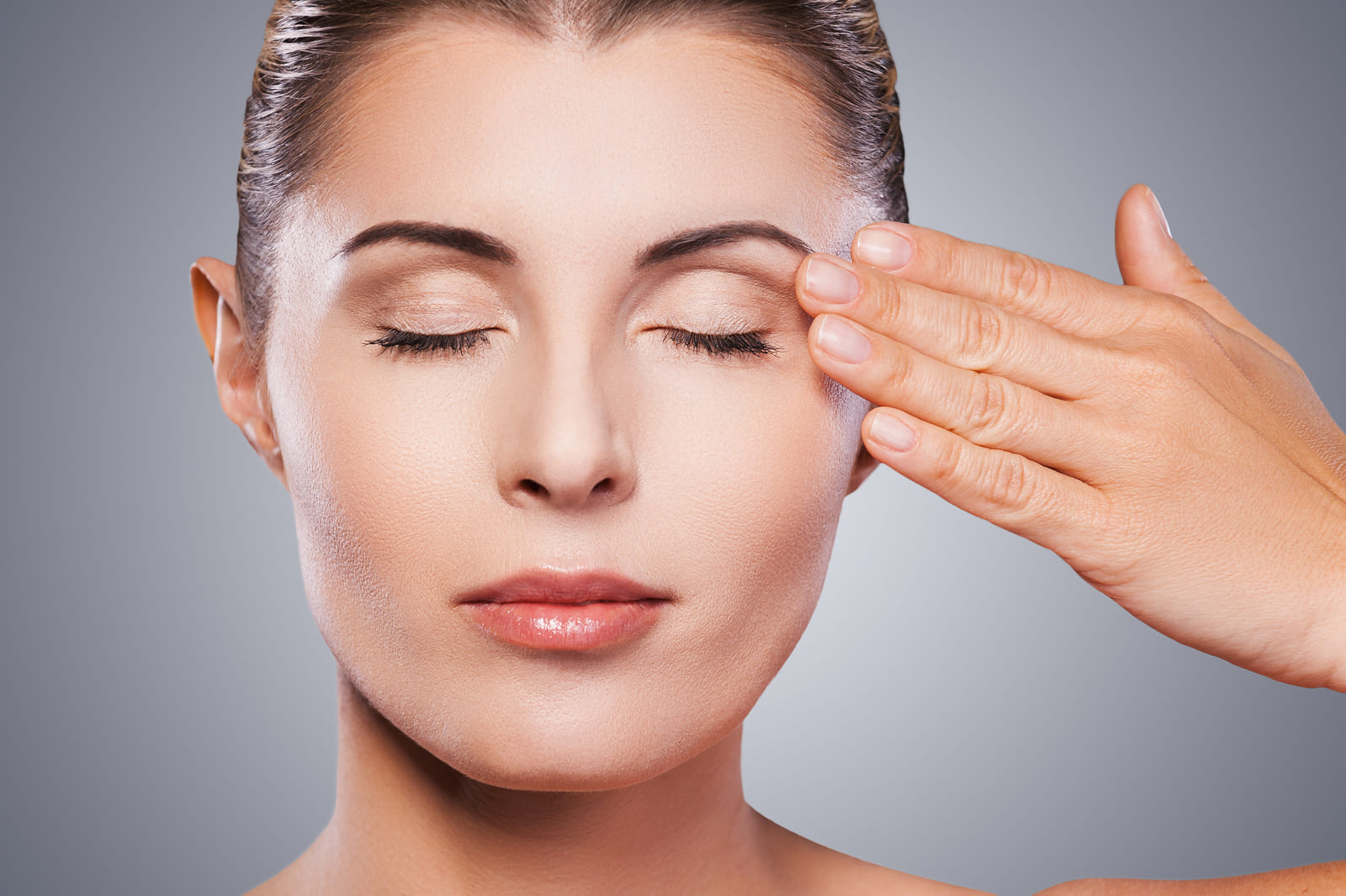
Eczema, also known as atopic dermatitis, is a common yet often misunderstood skin condition that affects millions of people around the world. It can cause discomfort, irritation, and frustration for those living with it. At Cypress Dermatology, we are committed to helping our patients understand eczema, its symptoms, underlying causes, and effective relief strategies that can lead to better skin health.
In this comprehensive guide, we will dive into the symptoms and causes of eczema, and explore various treatment options that can help you manage this condition. With the help of the experienced dermatologists at Cypress Dermatology, you can take control of your eczema and live more comfortably.
What Is Eczema?
Eczema is a chronic skin condition that results in inflamed, itchy, and dry skin. While it can occur at any age, it’s most commonly seen in children, though adults can also experience flare-ups. The condition tends to come and go, with periods of remission and flare-ups. For many, eczema can be triggered by external or internal factors, making it crucial to understand how to manage and minimize symptoms.
Although eczema isn’t contagious, it can be a significant source of physical discomfort and emotional stress. It’s important to work with a dermatologist who understands how to diagnose and treat the condition effectively, which is where Cypress Dermatology comes in.
Common Symptoms of Eczema
The symptoms of eczema can vary from person to person, but the most common signs include:
These symptoms can significantly affect your quality of life, making it important to seek professional treatment if you suspect you have eczema. At Cypress Dermatology, we work closely with our patients to find the right treatment approach tailored to their needs.
What Causes Eczema?
The exact cause of eczema isn’t fully understood, but it is believed to be linked to a combination of genetic and environmental factors. Some of the key contributors to eczema include:
Understanding your personal eczema triggers is essential for managing the condition. Our team at Cypress Dermatology helps patients identify their triggers through careful evaluation and personalized treatment plans.
Relief Strategies for Managing Eczema
While there is currently no cure for eczema, several treatment options and lifestyle changes can significantly reduce symptoms and prevent flare-ups. Here are some strategies recommended by the experts at Cypress Dermatology:
1. Moisturizing Regularly
Keeping the skin well-moisturized is essential for managing eczema. Using thick creams or ointments, particularly those formulated for sensitive skin, can help lock in moisture and reduce dryness. Apply moisturizer immediately after bathing to trap water in the skin.
2. Using Prescription Topical Treatments
For more severe eczema, prescription topical treatments may be necessary. Corticosteroid creams are commonly prescribed to reduce inflammation, while newer treatments like topical calcineurin inhibitors (TCIs) may also be recommended to help control flare-ups without the long-term side effects of steroids.
3. Identifying and Avoiding Triggers
Part of effective eczema management involves identifying and avoiding potential triggers. Common irritants include harsh soaps, certain fabrics (like wool), and even extreme temperatures. Your dermatologist can help you pinpoint specific triggers and suggest alternatives to reduce flare-ups.
4. Managing Stress
Stress management techniques such as mindfulness, meditation, or yoga can help reduce the frequency and severity of eczema flare-ups. Additionally, getting adequate sleep and regular exercise can improve overall well-being, which may in turn help manage eczema.
5. Oral Medications and Biologics
In some cases, oral medications such as antihistamines or immune suppressants may be recommended to help control severe eczema. Recently, biologic medications have become available, targeting specific parts of the immune system to reduce inflammation and improve skin health. Our dermatologists at Cypress Dermatology are experienced in prescribing and monitoring these advanced treatments when necessary.
6. Light Therapy (Phototherapy)
For those with moderate to severe eczema, phototherapy can be an effective option. This treatment involves exposing the skin to controlled amounts of natural or artificial light, which helps reduce inflammation and improve skin health.
How Cypress Dermatology Can Help
Living with eczema can be challenging, but the experts at Cypress Dermatology are here to help. Our team of dermatologists has extensive experience in diagnosing and treating eczema, tailoring treatment plans to each individual’s specific needs. Whether you’re dealing with mild symptoms or more severe flare-ups, we are dedicated to providing the most effective relief strategies for long-term comfort and healthy skin.
We offer a comprehensive range of treatments, from prescription topical solutions to advanced biologic therapies and light therapy. At Cypress Dermatology, we believe that education and personalized care are key to managing chronic skin conditions like eczema. We work closely with each patient to ensure they feel informed, supported, and confident in their treatment plan.
If you or a loved one is struggling with eczema, don’t wait to seek expert help. Contact Cypress Dermatology today to schedule a consultation with one of our board-certified dermatologists. Together, we can develop a personalized treatment plan to help you manage your eczema and achieve clearer, healthier skin.
Visit Cypress Dermatology or call (281) 895-3376 to schedule your appointment today.